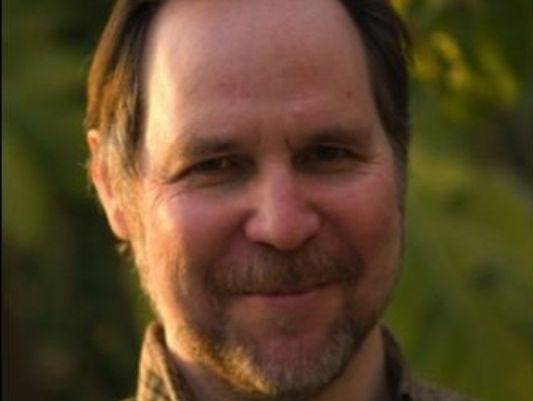Technology connects us in ways unprecedented in history, and in the midst of a pandemic, we’re relying on it more than ever.
Thanks to the ubiquity and ease of use of cell phones, episodes of police brutality captured on video have allowed communities to begin to address policing problems. And where would our economy be right now without Zoom?
And yet, it can be addicting, exhausting and isolating. And isn’t it creepy that corporations are tracking your internet movement, interests and purchases in order to monetize them? We could probably all benefit from closing our screens for a while and going for a walk in the woods.
Technology impacts us in so many complicated ways. Facial recognition software, for example, has been shown to be biased, especially in terms of ethnicity, making it an unreliable tool for law enforcement. (Recently, IBM declared it would no longer offer software for these purposes, a welcome advance.)
Fundamentally, however, a digital divide exists in America, affecting largely urban, low-income and minority communities. Close to 141 million Americans aren’t connected to fixed, fast broadband connections. The U.S. ranks 18th, globally, in broadband accessibility, a number that’s been slipping.
One of the (so many) disastrous appointments by the Trump administration affecting our lives was that of the Federal Communications Commission’s corporate-shill-of-a-chair Ajit Pai.
Under Pai’s guidance, the FCC reversed the principle of net neutrality. This now allows internet service providers to manipulate network traffic, giving competitive advantage to users who pay more. Why does this matter? Well, for example, a year ago during one of the worst fires in California history, Verizon was throttling back the Santa Clara County Fire Department’s broadband, demanding more payment.
There’s also a program called Lifeline, which helps low-income people pay their phone bills. The FCC seems to want to phase this out, having made it extremely cumbersome to apply for.
According to the podcast “Reveal,” when the pandemic hit, about one in every eight kids in the United States still didn’t have broadband at home.
Some school districts have been able to provide their students with the necessary equipment. But in other places, families have to borrow public Wi-Fi. Black and Latinx kids are most likely to go without a connection, fueling an education gap.
In the above-mentioned podcast, Dr. Chris Ali, an associate professor of media studies at the University of Virginia, says the government has spent close to $100 billion on connectivity in the last 20 years, most of it managed by the FCC, through generous grants to large internet service providers.
But to save money (and because they helped write the FCC rules), corporations often didn’t deploy fiber optic connections, but just rolled out their old copper DSL networks. In other words, taxpayers were giving corporations billions of dollars to connect mostly rural America with 1990s-era technology.
(This emphasis on rural connectivity is interesting, given that rural residents are more likely to vote Republican.)
The FCC gave CenturyLink and Frontier $3.2 billion over four years, “Reveal” reports, but both companies recently admitted they had failed to deploy broadband networks in a majority of the states they were working in. Frontier then declared bankruptcy. Still, both companies are expected to apply for more federal funds. Neither has been reprimanded by the FCC.
We need a balanced focus on broadband accessibility, including for poor people in urban areas. The development of technology should be in the hands of people with a social conscience. We see this tension playing out as Facebook and other social media companies shirk their responsibility to police hate speech on their platforms. As the presidential election nears, such integrity — or lack thereof — and issues of technological manipulation will loom large.
Certainly, an industry of this magnitude requires strong regulation. Lack of regulation has been shown time and again to lead to exploitation and corruption. It’s also time to consider making some of these large telecommunications services into public utilities.

Andy Douglas
(Photo: Special to the Press-Citizen)